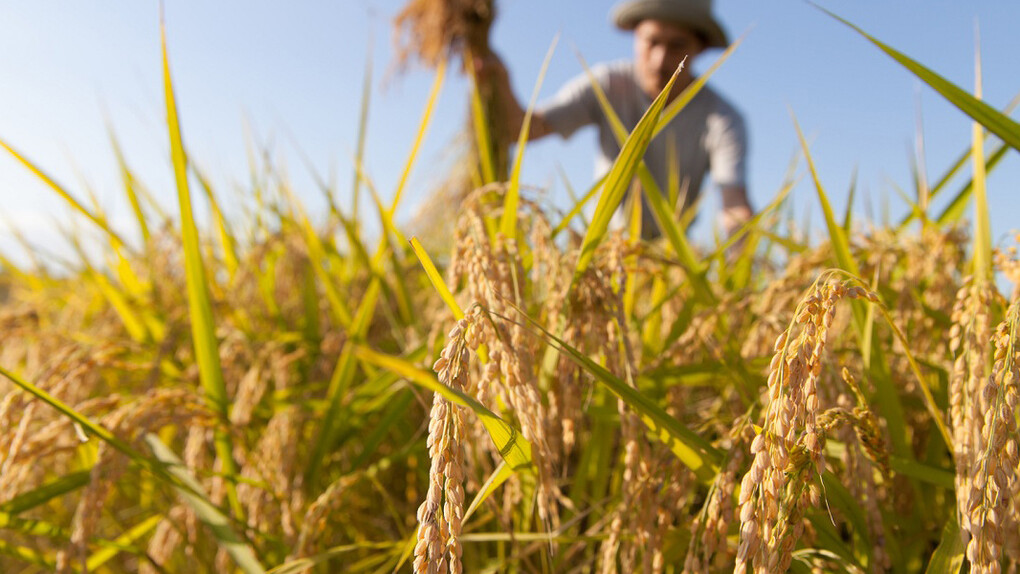Agritech Innovation in Morocco Gains Ground

In recent years, Morocco has emerged as a leader in agricultural innovation within the MENA region, with a significant focus on agritech solutions to enhance productivity and sustainability. This initiative aligns with Morocco’s broader vision to modernise its agricultural sector while addressing pressing challenges such as water scarcity and the need for increased crop yields.
The Importance of Agritech in Morocco
Morocco’s agricultural sector plays a crucial role in its economy, contributing approximately 14% to the country’s GDP and employing around 40% of the workforce. However, traditional farming methods often lead to inefficiencies and unsustainable practices. Agritech innovations are essential for optimising resource use, particularly water, which is a critical concern in a country that faces periodic droughts.
Government Initiatives and Investments
Recognising the potential of agritech, the Moroccan government has launched several initiatives aimed at fostering innovation and attracting investment. The “Generation Green 2020-2030” strategy is a cornerstone of this effort, focusing on sustainable agricultural practices and modernising production methods[3]. This strategy outlines the government’s commitment to enhancing agricultural productivity through technology and innovation, ultimately aiming to increase the sector’s contribution to the economy.
Investment in agritech is also gaining momentum from both domestic and international sources. In 2020, global investments in agritech and foodtech reached record levels, with startups raising $11.6 billion. Morocco aims to tap into this global trend, promoting its agritech startups and projects to attract foreign investment.
Success Stories in Agritech
Several Moroccan startups are leading the charge in agritech innovation, showcasing the potential of technology to transform agriculture:
- DabaDoc: This platform enables farmers to access agricultural advice and market prices through a mobile application. By providing real-time data, it helps farmers make informed decisions about their crops.
- Sowit: This startup offers precision agriculture solutions that utilise data analytics and satellite imagery to help farmers monitor crop health and optimise irrigation. By using these tools, farmers can enhance their yields while conserving water resources.
- AgriLab: Focused on sustainable practices, AgriLab develops organic farming solutions and promotes the use of biodegradable materials. Their initiatives not only boost productivity but also contribute to environmental conservation.
These success stories exemplify how Moroccan startups are leveraging technology to create innovative solutions that address local agricultural challenges.
Sustainable Water Management
One of the most pressing issues facing Moroccan agriculture is water scarcity. The country has made significant strides in developing technologies to improve water usage efficiency. Techniques such as drip irrigation and rainwater harvesting are increasingly being adopted by farmers to maximise water resources.
Additionally, innovative companies are emerging that focus on water management systems. For example, Water-Box is a startup that designs automated irrigation systems, allowing farmers to monitor and control their water usage remotely. This technology is particularly valuable in arid regions, ensuring that crops receive adequate water without wastage.
Challenges and Future Prospects
While Morocco is making great strides in agritech, several challenges remain. The adoption of new technologies can be slow due to a lack of awareness and training among farmers. Moreover, access to financing for smallholder farmers is often limited, hindering their ability to invest in innovative solutions.
To overcome these challenges, continuous education and training programs are essential. Collaborations between the government, agritech companies, and educational institutions can help create a knowledgeable workforce capable of driving further innovation in the sector.
The future of agritech in Morocco looks promising, with ongoing investments and government support paving the way for further advancements. As the country continues to embrace technology in agriculture, it is well-positioned to become a leader in sustainable farming practices in the region.
Conclusion
Morocco’s commitment to agritech innovation is set to redefine its agricultural landscape. By investing in sustainable practices and modern technologies, the country aims to enhance productivity, ensure food security, and adapt to the challenges of climate change. With the right support and investment, Morocco can lead the way in agritech, showcasing a model that other nations in the MENA region may aspire to follow.


